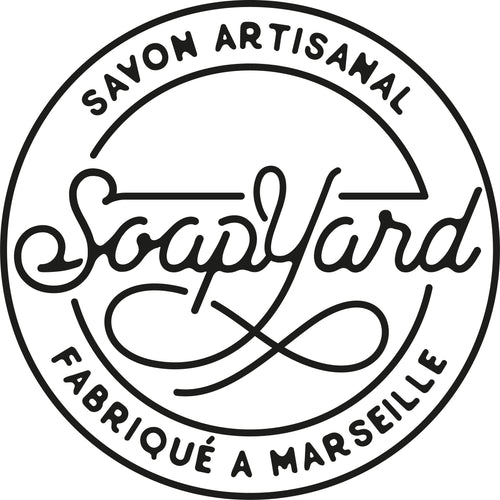Should a Vegetarian Kiss Someone Wearing Tallow Lipstick? A Lighthearted Dive Into the Ethics of Smooching
In the world of plant-based lifestyles, moral dilemmas are everywhere. From accidentally biting into a sneaky sausage roll to the existential crisis of leather seats in your Uber—ethical living is not for the faint of heart. But here’s a juicy one: Should a vegetarian kiss someone wearing lipstick or face cream made with tallow?
Yes, you read that right. Tallow, the fat rendered from beef or mutton, has long been a secret ingredient in cosmetics, skincare, and even the occasional candle. But does locking lips with a tallow-toting partner make you complicit in their carnivorous skincare routine? Let’s unpack this conundrum with a dollop of humour (and no tallow, we promise).
What Is Tallow, Anyway?
Tallow is the byproduct of rendering animal fat—basically, cow or sheep fat melted down and purified until it becomes a multipurpose powerhouse. Historically, tallow has been used for soap (thanks to some curious Romans and their cooking fires), candles, and even McDonald’s French fries back in the golden days.
In skincare, tallow is prized for its similarity to human sebum, making it ultra-hydrating. It’s rich in fatty acids and vitamins, and some claim it’s the secret to radiant, supple skin. Sounds fancy, but for vegetarians and vegans, the idea of smearing animal fat on your face is a hard "nope."
The Ethical Question: To Kiss or Not to Kiss?
Now, imagine the scene: You’re leaning in for a romantic smooch, and suddenly it hits you—are their luscious lips coated in a layer of tallow-laden lipstick? What about that “hydrating” face cream they’re wearing? Is this kiss a betrayal of your values?
Technically, tallow in cosmetics doesn’t require you to harm animals directly, but it’s still derived from the meat industry. So, does kissing someone using tallow-based products make you an accessory to the crime?
A Tallow-Free Smooch Is Possible!
Before you swear off kissing altogether, here’s the good news: Plant-based alternatives exist! Brands like Soapyard champion cruelty-free skincare, using sustainable plant oils to create luscious, nourishing soaps and products. While traditional soap may have been born from tallow, Soapyard proves you don’t need animal fat for effective skincare.
With plant-based lip balms and moisturisers aplenty, your partner can switch up their routine—and save their kisses for you without guilt.
If you’re truly worried about that lingering beefy residue on their lips, don’t fret! A quick wash with a bar of Soapyard soap will scrub away the tallow and replace it with a heavenly, plant-based scent—transforming the kiss into a fully vegan-approved affair. Now that’s some romantic multitasking!
But Wait, Is Tallow Really That Bad?
For the sake of fairness, let’s explore the pros and cons of tallow:
- Pros: It’s sustainable when ethically sourced, uses the whole animal (zero-waste!), and has excellent moisturising properties.
- Cons: It’s still an animal byproduct, potentially comedogenic (hello, clogged pores), and for vegetarians and vegans, it’s just ick.
The Verdict
Ultimately, the choice comes down to personal boundaries. If you’re vegetarian or vegan and the thought of smooching tallow makes your stomach churn, a little honesty can go a long way. Have a lighthearted chat with your partner about their beauty routine and explore cruelty-free alternatives together. Who knows? It might even strengthen your bond (or at least your shared commitment to ethical living).
And if all else fails, just hand them a bar of Soapyard Bar Soap and let the tallow wash away—literally. One sudsy cleanse later, and you’ll be kissing a fresher, plant-powered version of them.
Now, go forth, kiss responsibly, and check the ingredient labels before puckering up. 😉

